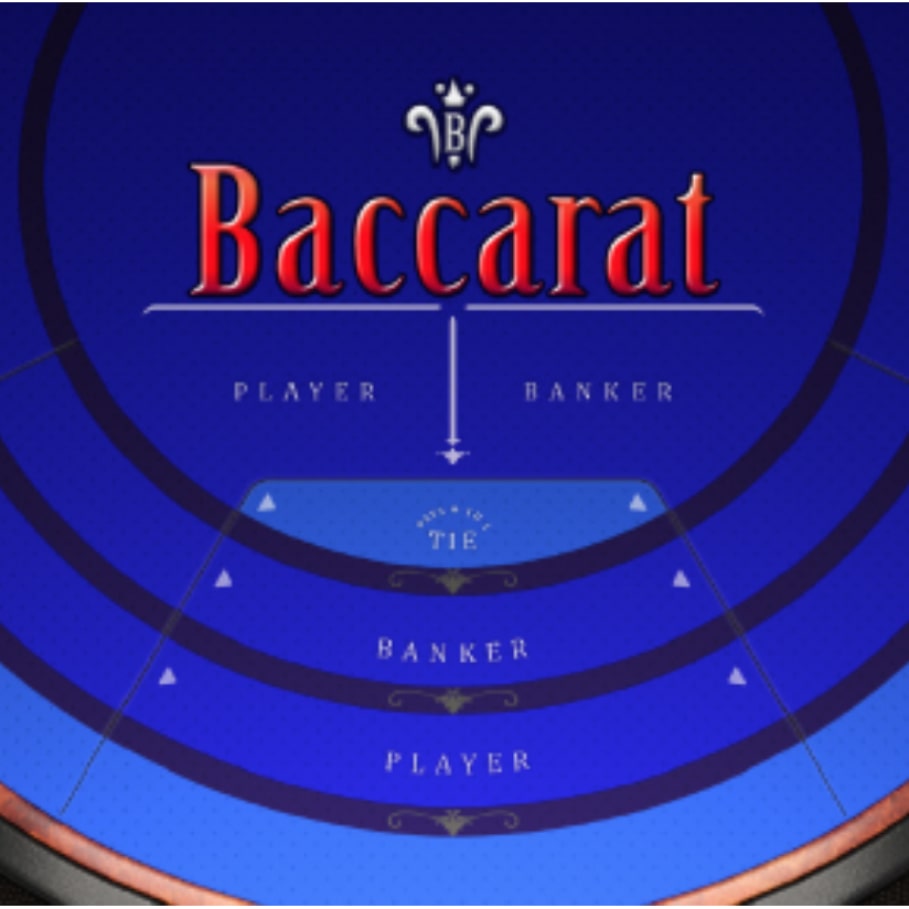Bank of England look out for jobs data revisions

The ONS revealed that the number of payrolled employees dropped by 109,000 in May, prompting concern among Bank of England officials. 
By: Mauricio Alencar
Politics and Economics Reporter
Share - Facebook Share on Facebook
- X Share on Twitter
- LinkedIn Share on LinkedIn
- WhatsApp Share on WhatsApp
- Email Share on Email
The Bank of England has relied more heavily on business surveys and research supplied by jobs platforms and the Recruitment and Employment Confederation (REC) over fears ONS quality levels have dropped.
The official statistics body is undergoing structural reforms in response to a recent review conducted by Sir Robert Devereux, with changes taking place within senior leadership.
Read more
Unemployment creeps up as firms cut jobs following Reeves tax raid

Unemployment creeps up as firms cut jobs following Reeves tax raid
The poor quality of jobs data, which may not improve substantially until the end of next year, has put rate-setters under greater pressure when making decisions.
City forecasters are divided on the number of interest rate cuts the Bank of England will make in the next 12 months.
Capital Economics believes the unemployment rate will edge up to as much as five per cent, triggered by adjustments to employers tax hikes introduced by Chancellor Rachel Reeves.
The pacy decline of the labour market could see rates cut to three per cent next year from the current Bank Rate of 4.25 per cent.
Markets have priced in a low of 3.5 per cent and improved the likelihood of two cuts taking place this year.
But rival consultancy Pantheon Macroeconomics takes a different view, claiming official payroll data had “gone haywire” and dropped far more than levels indicated in business surveys.
UK economists Robert Wood and Elliott Jordan-Doak claimed job growth would rebound over the summer and payroll falls would be revised up, leading to just one more rate cut in the next year given inflation had proven to be a “modest but persistent” problem.
“A loose labour market is needed to drive wage and price-setting behaviour back to inflation target-consistent rates, and that requires persistently restrictive policy,” the Pantheon Macroeconomics analysts said.
City analysts widely believe increases to average earnings would continue to wind down, potentially falling below the five per cent mark for wage growth in the three months to May.
Read more
Bailey watching labour market softening ‘very closely’

Bailey watching labour market softening ‘very closely’
Subscribe to the City AM newsletter to have our top stories delivered directly to your inbox.
Subscribe By signing up to our newsletters you agree to the Terms and Conditions and Privacy Policy.
FAQ
What is the future of the game of roulette?
What is the future of the game of roulette? One potential future for roulette is the integration of virtual and augmented reality technologies. This would allow players to immerse themselves in a virtual casino environment and enjoy a more realistic and engaging gaming experience. Another potential future for roulette is the continued growth of online gaming. As more and more people turn to the internet for their gaming needs, online casinos are likely to become even more popular.
What is a Rake Chase?
What is a Rake Chase? Rake chases are poker promotions which are incentives for players to rake more and reward them generously for that. In contrary to a rake race, you don’t compete against other players , but instead chase your own individual targets. In order to hit the points targets you need to play a certain amount of poker hands or tournaments for real money. As soon as you hit the points requirement, you have secured yourself the amount of money, which was preset for the respective level.
What is TP in WPT poker?
What is TP in WPT poker? Tournament Points (TPs) are used to buy into VIP tournaments on ClubWPT. All players start with a fixed amount of TPs (500) upon opening a VIP account. They cannot be reloaded, but will be automatically “topped up” once per day.
When and why was the double zero added to the American roulette wheel?
When and why was the double zero added to the American roulette wheel? The double zero was added to the American roulette wheel in the mid-19th century. The exact year is not clear, but it is believed to have been added around the 1860s. The reason for its addition was to increase the house edge, making the game more profitable for the casino. At the time, gambling was not regulated in the United States, and casinos were free to set their own rules and payouts.
Red Wind Casino Cyber Shutdown: What Really Happened?
Hey folks, Red Wind Casino in Olympia, Washington—run by the Nisqually Indian Tribe—isn’t shut down for good, no worries there. Back in March 2024, it closed temporarily for just a couple days after a nasty cyberattack hit their servers on March 6 and 7. They reopened partially right after, keeping things safe. That cyber incident was a real headache, forcing a quick shutdown as a precaution—think disrupted slots, tables, and all operations offline briefly.
Welcome to wptgofree.com, your comprehensive resource for information on Red Wind Casino. Whether you're exploring gaming options, dining experiences, or seeking employment opportunities at Nisqually Red Wind Casino, our site provides up-to-date details to enhance your experience.
This site only collects related articles. Viewing the original, please copy and open the following link:Bank of England look out for jobs data revisions





























































































































































































